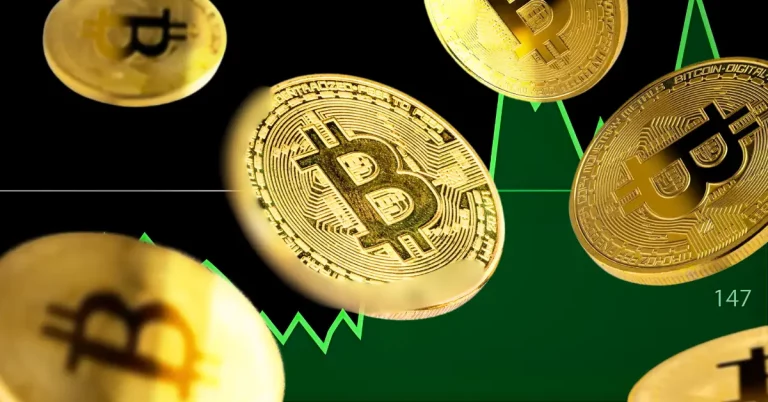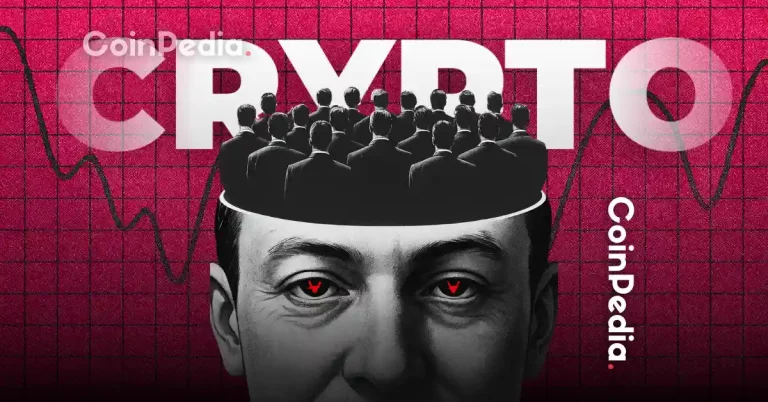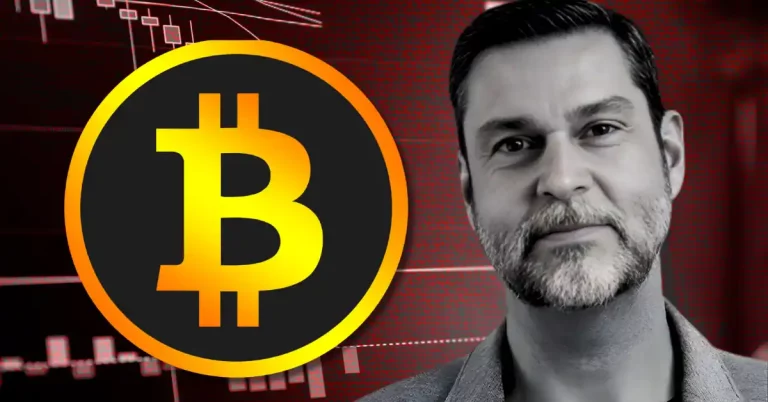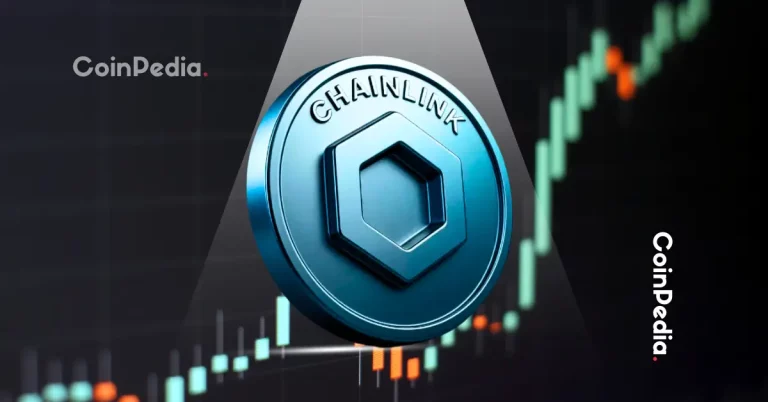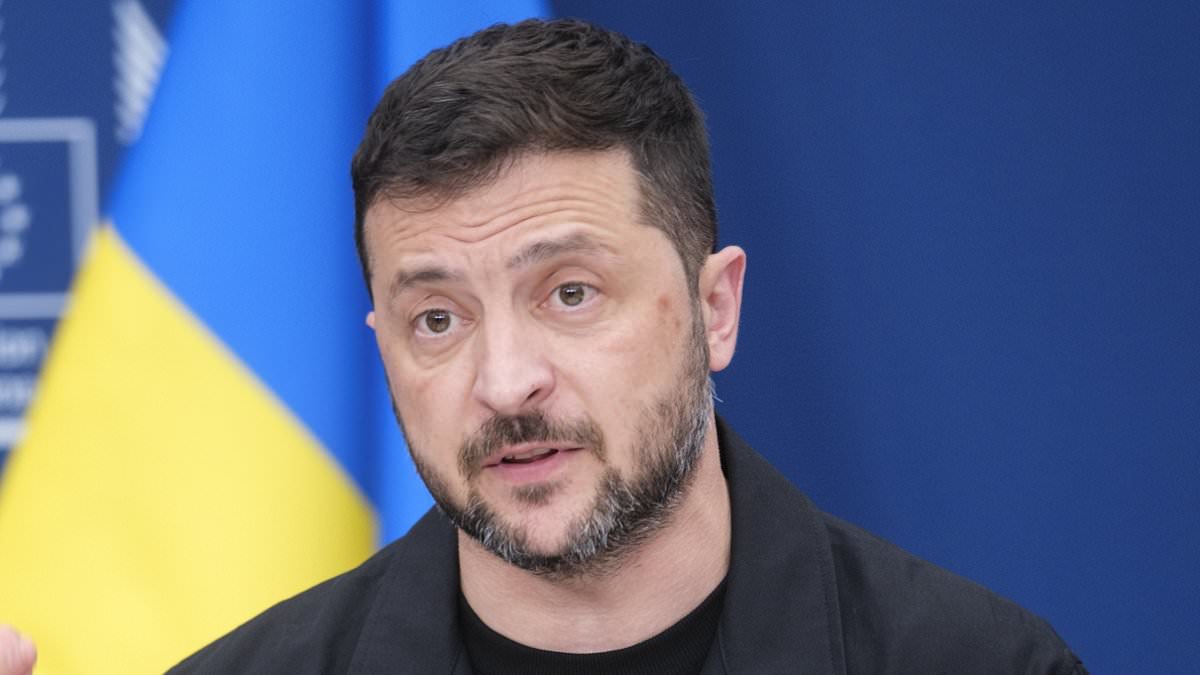
In a pivotal moment for international diplomacy, European leaders are arriving in Washington to support President Volodymyr Zelensky as he engages in critical talks with former U.S. President Donald Trump at the White House. The high-profile meeting on Monday follows recent developments that could reshape Eastern European geopolitics.
Security Agreement Sparks Hope and Controversy
Trump’s special envoy, Steve Witkoff, revealed in an exclusive CNN interview that the United States has successfully pressured Russian President Vladimir Putin into agreeing to a “NATO-style” security framework for Ukraine. According to Witkoff, these security guarantees—which offer “Article 5-like protections”—could be a groundbreaking outcome for the conflict-ridden region.
“We’ve reached a consensus on ensuring security guarantees for Ukraine,” Witkoff stated. “This enshrinement protects Ukraine while addressing broader geopolitical concerns.” However, critics argue that Putin may have gained leverage by setting strategic terms during the summit in Anchorage, Alaska, which occurred Friday.
The Land Debate: A Major Sticking Point
The crux of the ongoing negotiations revolves around the territorial disputes between Ukraine and Russia. Putin has reportedly demanded full control over the Donetsk and Luhansk regions as part of any potential peace agreement. Zelensky, however, remains firm, declaring that Ukraine’s constitution prohibits territorial concessions.
Speaking from Brussels on Sunday, Zelensky stated, “The territorial integrity of Ukraine is non-negotiable. Any discussions concerning land must occur directly between Ukrainian and Russian leadership under a trilateral framework.” Zelensky emphasized that a ceasefire is a prerequisite for meaningful diplomacy, a position echoed by European allies such as German Chancellor Friedrich Merz and French President Emmanuel Macron.
European Coalition Gathers in Washington
European leaders, including Ursula von der Leyen and Finnish President Alexander Stubb, are uniting in Washington to bolster Ukraine’s position in the negotiations. This follows a virtual “coalition of the willing” summit held on Sunday, led by UK Prime Minister Sir Keir Starmer, Macron, and Merz.
In a statement, Downing Street affirmed its unwavering commitment to Ukraine: “The Prime Minister, alongside other European partners, remains resolute in supporting Ukraine’s sovereignty and security. This commitment will extend as long as necessary.”
Global Reactions Highlight Tensions
The international community continues to react to the surprising outcome of the Anchorage summit, where Putin appeared emboldened, while Trump faced criticism for seeming uncharacteristically subdued. Trump, taking to his social media platform Truth Social, pushed back against detractors, describing the emerging agreement as a significant achievement and accusing the media of spreading misinformation.
“Fake News distorts the truth! The Alaska talks were a win. If I solved world hunger, they’d still complain!” Trump wrote.
As negotiations intensify, the situation on the ground remains dynamic. Zelensky reported that Ukrainian forces are actively countering Russian advances in Donetsk, underlining the ongoing conflict’s complexity. “The Russian army continues to suffer significant losses,” he shared on X (formerly Twitter). “We’re providing updates to our partners to ensure transparency.”
What’s Next?
The upcoming White House talks could set the stage for a new era in the Ukraine conflict or exacerbate divisions further. With diplomatic stakes at an all-time high, the international community waits to see whether these discussions will bring hope for peace or underscore existing tensions.
